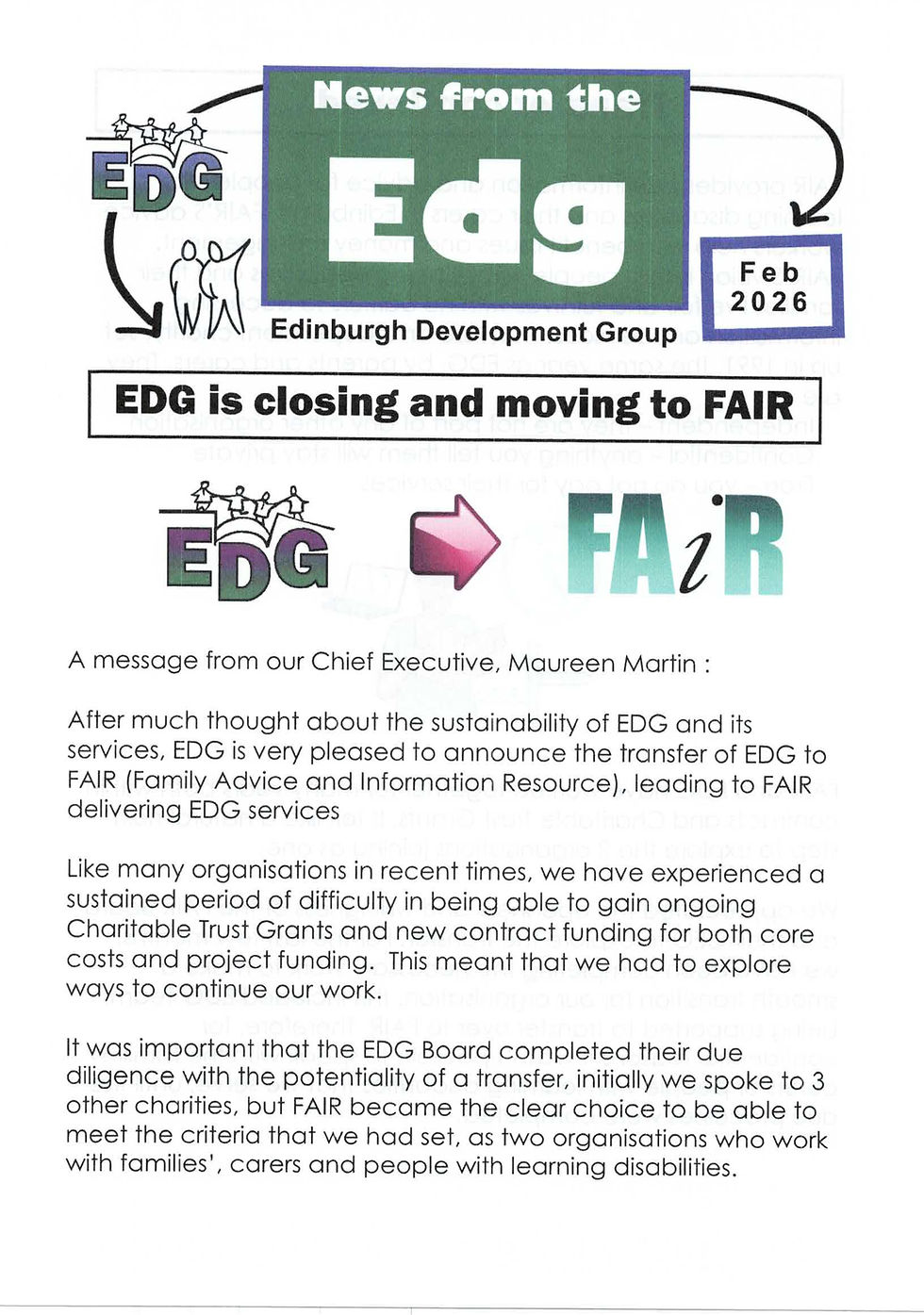The European Convention on Human Rights (ECHR) is fundamental to our democracy and enables ordinary people, of all backgrounds, to hold the state and public bodies accountable.
- EDG Team
- Oct 27, 2025
- 2 min read
The European Convention on Human Rights (ECHR) is fundamental to our democracy and enables ordinary people, of all backgrounds, to hold the state and public bodies accountable. These rights are needed more than ever in an unstable world, with growing political polarisation and authoritarianism, environmental instability and technological upheaval, to ensure the dignity of us all.
The ECHR was born out of the horrors of World War II, with the UK playing a leading role, setting minimum standards which governments across Europe agreed to abide by. This has improved respect for human rights across Europe (no signatory has used the death penalty for 25 years) and facilitated cross-border cooperation on issues of joint interest, like crime and human trafficking. In the UK, the ECHR and the Human Rights Act (HRA) have protected the rights of ordinary people every day up and down the country; from victims of sexual violence to LGBT+ service personnel, public interest journalists to mental health patients and victims of serious injustice (from Hillsborough to Windrush). The ECHR helped bring peace finally in Northern Ireland, through the Good Friday Agreement, and has improved the quality of public services. We reject the narrative that human rights are not in the interests of the public – everyone in our society would be much worse off without these key protections. In recent months, following a trend established over several years, the ECHR and HRA have increasingly come under fire from some leading politicians and media organisations. This has often been based on myths, over-simplifications, inaccuracies, and scaremongering, particularly around migration. Leaving the ECHR would not solve policy problems like the backlog of asylum cases, or people risking their lives through Channel crossings, but would bring about years of legal uncertainty, undermine our international position, and cause harm to the rights of both migrants in the UK and our wider communities. We call on politicians to stop using our human rights as a scapegoat, level with the British public about the significant costs of ECHR withdrawal (such as the impact on the Good Friday Agreement) and end the escalating, irresponsible rhetoric targeting migrant and minoritised communities, which has devastating real-world consequences for people who are often already made vulnerable by wider social and economic marginalisation and stigmatisation. We also call on the Government, whose party predecessors were architects of the HRA, to make the positive case for our human rights protections and how they empower ordinary people across the UK. It is an important part of our country’s safety net, not an inconvenience which must be tolerated. Its rights are common-sense, pragmatic protections which improve services at home and increase international cooperation abroad. Now is the time for a full-throated defence of the ECHR and HRA. No one has human rights, unless we all have human rights.


Comments